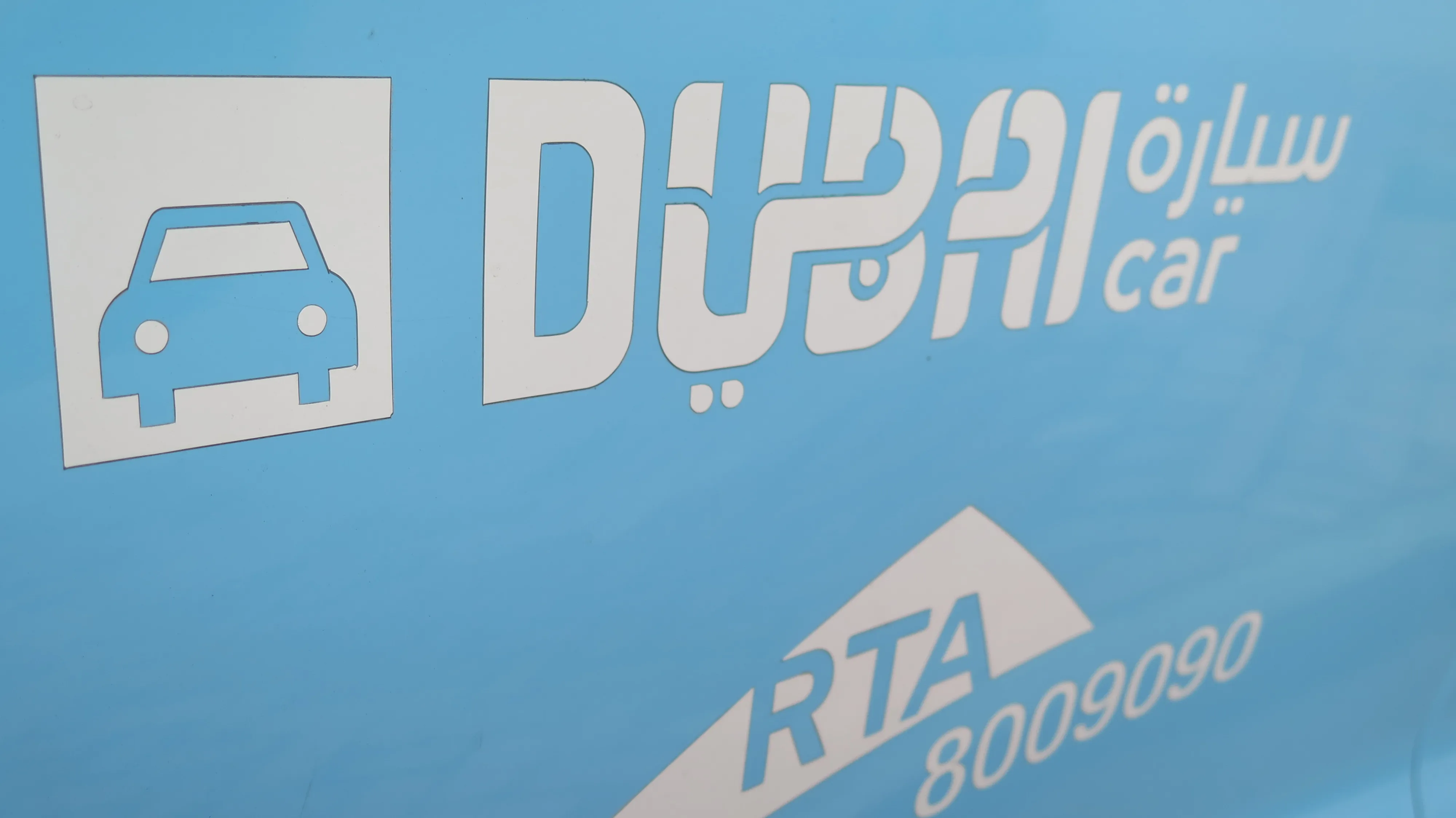Dubai’s Roads and Transport Authority (RTA) is to install 100 new radar speed-camera stations, twenty-four of which will be activated by Dubai Police in May. The new cameras include systems installed at traffic signals to catch drivers who speed up to catch the green light or jump a red light. In 2011, more than 1.5 million speeding offences were recorded by radar cameras, the Dubai Statistics Centre reported. That figure represented a leap of about 115,000 on the previous year, when 1.4 million speeding
March 4, 2013
Read time: 2 mins
Dubai’s Roads and Transport Authority (RTA) is to install 100 new radar speed-camera stations, twenty-four of which will be activated by Dubai Police in May. The new cameras include systems installed at traffic signals to catch drivers who speed up to catch the green light or jump a red light.
In 2011, more than 1.5 million speeding offences were recorded by radar cameras, the Dubai Statistics Centre reported. That figure represented a leap of about 115,000 on the previous year, when 1.4 million speeding offences were recorded.
Dubai Police only recently calibrated the cameras at traffic lights to give them the ability to catch drivers who speed up on a flashing green signal to make it through an intersection. Within weeks, police said they registered “thousands” of fines.
Although the offenders were caught during a testing phase, a spokesman for Dubai Traffic Police said the fines would be levied because these drivers had been caught breaking an existing law - speeding. Anyone travelling more than 20 km/h over the limit to make the light could have their car impounded while those going less than 20 km/h over the limit would face a fine.
In 2011, 19,000 fines were issued for jumping a red light in Dubai, 1,200 more than in 2010, according to the Dubai Statistics centre. In the same year, motorists jumping red lights were responsible for 199 accidents, and 63 were caused by speeding.
The speed cameras are managed by the RTA. Maitha bin Adai, chief executive of the RTA’s traffic and roads department, said it had installed 450 radar stations, and 230 intersection camera stations. However, not all of these contain cameras.
He continued, “In coordination with Dubai Police we have installed 320 radar speed cameras and 156 intersection cameras. It is imperative to review our law and compare them with the best international standards on a regular basis if we are to raise the safety standards on our roads.”
In 2011, more than 1.5 million speeding offences were recorded by radar cameras, the Dubai Statistics Centre reported. That figure represented a leap of about 115,000 on the previous year, when 1.4 million speeding offences were recorded.
Dubai Police only recently calibrated the cameras at traffic lights to give them the ability to catch drivers who speed up on a flashing green signal to make it through an intersection. Within weeks, police said they registered “thousands” of fines.
Although the offenders were caught during a testing phase, a spokesman for Dubai Traffic Police said the fines would be levied because these drivers had been caught breaking an existing law - speeding. Anyone travelling more than 20 km/h over the limit to make the light could have their car impounded while those going less than 20 km/h over the limit would face a fine.
In 2011, 19,000 fines were issued for jumping a red light in Dubai, 1,200 more than in 2010, according to the Dubai Statistics centre. In the same year, motorists jumping red lights were responsible for 199 accidents, and 63 were caused by speeding.
The speed cameras are managed by the RTA. Maitha bin Adai, chief executive of the RTA’s traffic and roads department, said it had installed 450 radar stations, and 230 intersection camera stations. However, not all of these contain cameras.
He continued, “In coordination with Dubai Police we have installed 320 radar speed cameras and 156 intersection cameras. It is imperative to review our law and compare them with the best international standards on a regular basis if we are to raise the safety standards on our roads.”









